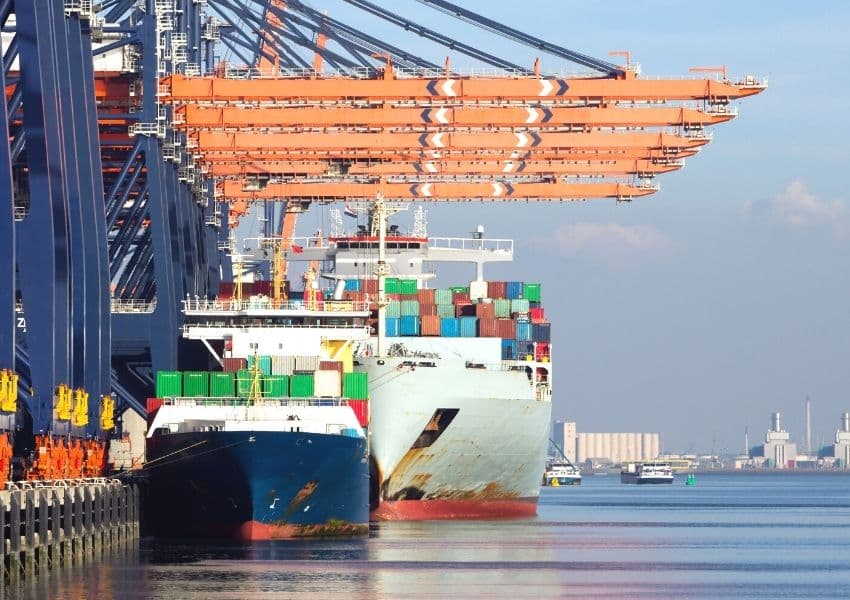LNG delivery is the first of 21 fuel cargoes the government plans to import to meet summer demand

Egypt received a shipment of liquefied natural gas (LNG) on Monday in the first of 21 fuel deliveries intended to bolster the strained energy sector and put an end to rolling power cuts during the summer months, the Oil Ministry said.
The 3.5 million cubic feet of LNG, which arrived at the Ain Sokhna terminal on Monday evening, will be converted to natural gas within the week, ministry spokesman Hamdy Abdel Aziz said.
The shipment left Freeport in the US on June 14, according to ship-tracking service Marine Traffic.
Egyptians have frequently suffered power cuts of up to six hours a day over the past year. These have become longer and more frequent since temperatures started to rise towards the end of April.
As the population reels from the highest summer temperatures in living memory, the blackouts have sparked intense public criticism of President Abdel Fattah El Sisi’s government, with the hashtag #powercuts trending on social media for a number of weeks.
During an apologetic speech last week, Prime Minister Mostafa Madbouly said the government had allocated $1.18 billion for imports natural gas and mazut, a type of heavy fuel oil, to increase the power supply.
Mr Abdel Aziz said $1 billion would be spent on natural gas and $180 million on mazut, and that 21 shipments of fuel over the summer would be sufficient to end the power cuts.
According to a 2020 report by the state electricity company, 11 of Egypt’s 80 power stations use natural gas, and a little over half use a mixture of natural gas and mazut or natural gas and diesel.
The shortage of natural gas has also halted production at a number of fertiliser factories, which use it as a raw material, including the Kuwaiti-owned Alexandria Fertiliser Company.
“We were in an emergency situation, and it was necessary to preserve the quantities of gas available to some fertiliser factories. Therefore, some factories were stopped from production, Though some are resuming operations and more will do so over the summer,” Mr Abdel Aziz said.
He said the government plans to supply natural gas to fertiliser factories over the coming weeks as more shipments arrive.
Government critics say the energy crisis is a result of mismanagement, and many are outraged that power cuts have persisted since last summer despite repeated apologies and promises.
The ministries of electricity and petroleum resources have apologised for the power cuts but defended them as necessary to deal with low fuel inventories, asking Egyptians to endure the blackouts for the good of the nation and pointing to the unstable political conditions in neighbouring countries as a significant cause of the drop in fuel supplies.
To further conserve energy, the government last week ordered shops, restaurants and malls to close early at 10pm, with only supermarkets and pharmacies allowed to stay open until 1am.
The decision has angered small business owners who say it will hurt their livelihoods, already suffering from high inflation and reduced business hours due to the power cuts.
Mr Madbouly said the government hoped to end the power cuts by the third week of July, but shops would be required to continue closing early until the last week of September.
Some Egyptians have accused the government of prioritising power supplies to upscale neighbourhoods over poorer districts. Residents report that some affluent areas of Cairo had uninterrupted power while working-class districts experienced cuts lasting for hours. The electricity minister has not publicly commented on these accusations.
The energy shortages have piled pressure on the government as it grapples with a deepening economic crisis that has seen the Egyptian pound lose two-thirds of its value following four devaluations since March 2022. The inflation rate has tripled during the same period.
The government has sought to boost its gas production and is encouraging more foreign investment in the sector. At the Egypt-EU Investment Conference on Saturday, European companies expressed interest in deals potentially worth more than $40 billion, although implementation timelines remain uncertain.



